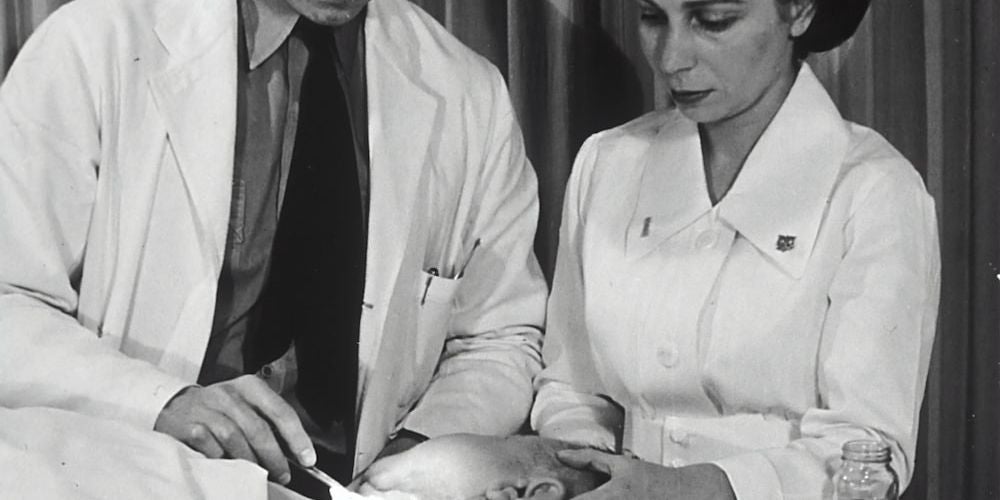If you’ve recently stopped using weed edibles, it’s normal to experience withdrawal symptoms. These can range from mild to severe and include physical discomfort, cravings, and mood swings. It’s important to recognize these symptoms and take steps to manage them, so you can stay on track for a successful transition. With the right support and professional help, you can safely navigate the withdrawal process and come out the other side stronger and healthier than ever.
Different Types of Weed Edibles
Weed edibles are products that are infused with cannabis and come in a variety of forms, such as gummies and chocolates. Many edibles also contain other ingredients, such as nuts and grains, which can add to the effects of the cannabis. While edibles usually take longer to take effect, they are often more potent than smoking or vaping cannabis.
When consuming edibles, it is important to be aware of the potency, as some edibles may be significantly stronger than others. It is also important to remember that edibles affect everyone differently, so it is important to start with a smaller amount and wait to assess the effects.
Edibles can take longer to take effect, so it is important to be patient. It is important to remember to keep edibles in a safe, secure place and out of the reach of children and pets.
When consuming edibles, it is important to be mindful of the effects and never exceed the recommended dosage. Doing so can lead to unpleasant symptoms, such as nausea and dizziness.
Edibles are a great way to enjoy cannabis, but it is important to be aware of the potential risks. With the proper precautions and understanding, edibles can be a safe and enjoyable way to experience the effects of cannabis.
Cravings
When experiencing weed edible withdrawal cravings, the best way to manage them is to practice self-control. Remember that cravings are temporary, and if you can focus on a distraction, such as a hobby, then the craving should pass. Try to avoid temptations and make sure you are taking care of yourself – eating healthy and getting plenty of rest.
It can be helpful to remind yourself why you stopped using weed edibles.
If the cravings become too much, try to find someone to support you, or seek professional help. In addition to recognizing and managing your cravings, it can help to talk to other people who have gone through similar experiences or are going through them currently. You can learn from their experience and find strength in knowing that you are not alone in this struggle.
You can also join online or in-person support groups, or even look into therapy if the cravings become too hard to manage. It’s important to remember that you can overcome this, and with the right help, you can be successful.
Mood Swings
Mood swings are common when going through weed edible withdrawal. You may experience drastic changes in your mood, from extreme joy to deep sadness and back again. It may feel overwhelming and like you don’t have control over your emotions.
You may also find yourself more irritable, having shorter tempers, and being quick to flare up. It is important to remember that it is normal to experience mood swings during withdrawal and to reach out for help if you feel you need it.
Talk to a friend or family member who can listen and provide support, as well as be a shoulder to lean on during this difficult time. If needed, seek professional help from a therapist or mental health professional who can provide personalized advice and coping strategies.
Finding Support
Finding support during weed edible withdrawal can be a crucial step towards managing your symptoms. A good place to start is by talking to close friends and family members. Make sure to be open and honest with them about the situation and how they can help you.
If you don’t feel comfortable doing this, then an online support group or forum may be a good option.
There are plenty of support groups out there specifically geared towards those struggling with weed edible withdrawal. Connecting with others who have gone through similar experiences and exchanging tips for managing the symptoms can be a great way to feel more in control of the situation. Don’t be afraid to ask for help when you need it.
Reaching out to medical professionals can also be a great way to find support during weed edible withdrawal.
A doctor can provide you with advice and resources to help you manage your symptoms, as well as any underlying issues that might be contributing to them. If necessary, they can also prescribe medications or refer you to a specialist who can help you get back on track. Don’t underestimate the power of professional help.
Take advantage of any support systems that are available to you during weed edible withdrawal. Talking to people you trust, joining online groups, and seeking professional help can all be helpful in managing your symptoms and getting back on track. Don’t be afraid to reach out for help.













